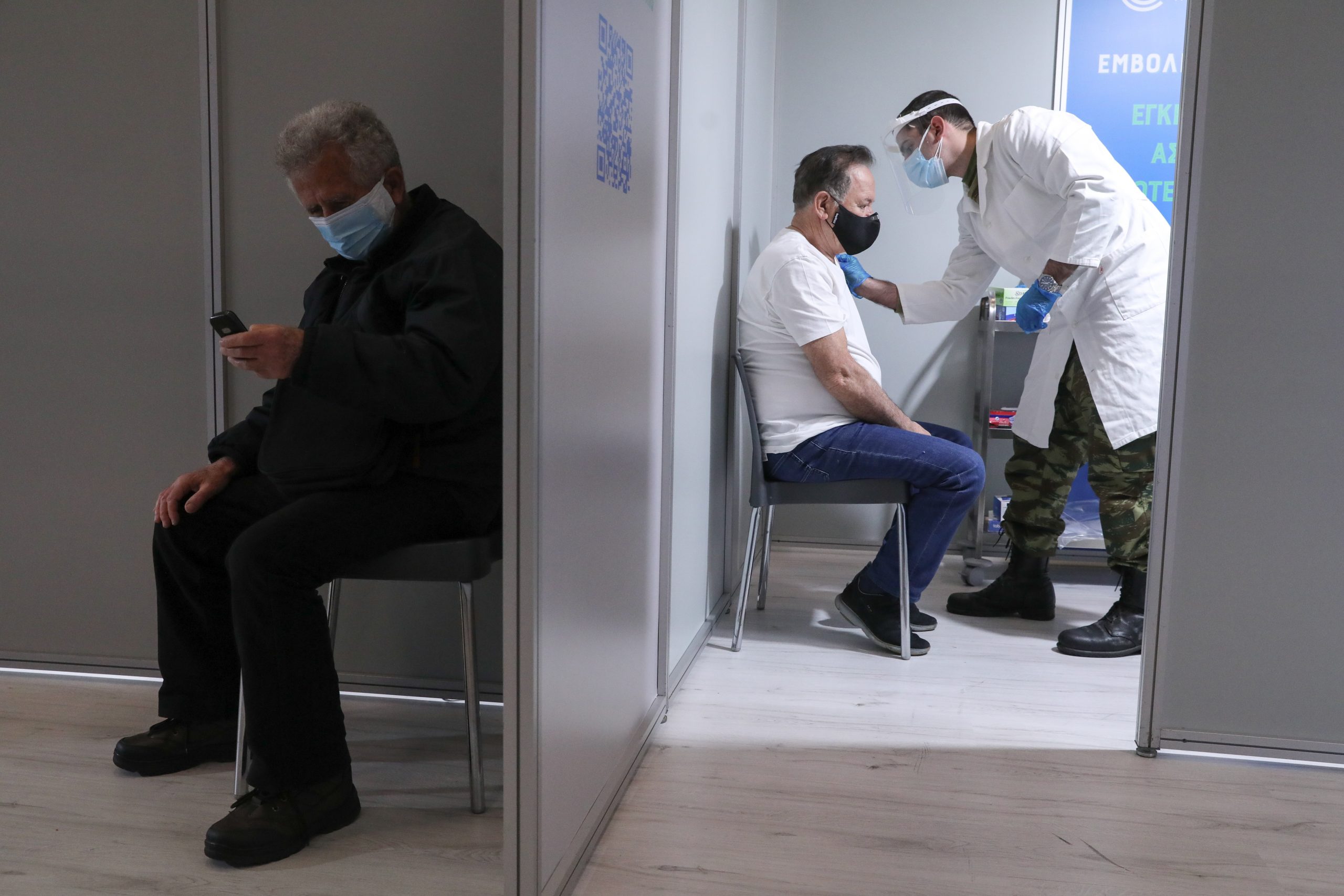
The use of a mask is the main weapon to deal with the suffocating atmosphere created by the heat and the toxic cloud of fires, according to Demosthenes Sarigiannis.
The Professor of Environmental Engineering at the Aristotle University of Thessaloniki recommends using the KN95 mask and not the simple one we were used to until now for the coronavirus, and stated that the particles from the fires will be suspended in the atmosphere for many days.
“We must learn to live with the effects of climate change”
“We must learn to live with the effects of climate change,” said Demosthenes Sarigiannis, adding that we must learn how to reduce them and change our attitude towards fuel use and waste disposal.
Mediterranean climate change will start to cause problems. There will be tropical nights, ie very little difference between day and night temperatures. The drought period will be prolonged and there will be a problem with the water supply.
“A key issue is to be prepared. In terms of fire protection, Greece is one of the most advanced countries. “There should be protection zones, personnel and change of the institutional framework, that is, reforestable areas can be declared immediately”, said Mr. Sarigiannis.
Forecasts for 5,000 cases
According to mathematical models by Mr. Sarigiannis, there is a forecast of 5,000 cases in late August and early September.
As he stressed, the rate of vaccinations has slowed down. “Vaccination is our main weapon, but not the only one”, he said and added that it is necessary to observe the protection measures, the use of a mask, the observance of distances, etc.
It is difficult to predict things for September, with the opening of the schools and the return of the excursionists.
If vaccinations increase and exceed 60% of those fully vaccinated, this could act as a slowdown in growth.
On the fire in Evia, where his mother is
Deeply moved by the fire that is “sweeping” Northern Evia, Mr. Sarigiannis said that he spent many years in those places and his mother is in Edipsos.
“Edipsos is safe and I believe we have not reached the point where it is in danger. These are difficult times for all of us. “Personally, I would like to be there to help.”
Latest News

New Exposé by Domumento Reveals Nefarious Triangular Link of ‘Black Money’ with New Democracy, Blue Skies, & Truth Team
The latest exposé by the Documentonews.gr news site lays bare what appears to be a surreptitious path of indirect financing of ND through the business sector—transactions that, as widely understood, rarely occur without expectations of reciprocal benefit

PM Meloni Meets Vice President Vance in Rome Signalling Optimism on Ukraine Talks
Meloni emphasized the strength and strategic value of the Italy-U.S. partnership.

Airbnb: Greece’s Short-Term Rentals Dip in March Amid Easter Shift
Data from analytics firm AirDNA shows that average occupancy for short-term rentals dropped to 45% in March, down from 49% the same month last year.

Easter Week in Greece: Holy Friday in Orthodoxy Today
At the Vespers service on Friday evening the image of Christ is removed from the Cross and wrapped in a white cloth

Meloni and Trump Meet in Washington, Vow to Strengthen Western Ties
“I am 100% sure there will be no problems reaching a deal on tariffs with the EU—none whatsoever,” Trump stressed.

ECB Cuts Interest Rates by 25 Basis Points in Expected Move
The ECB’s Governing Council opted to lower the deposit facility rate—the benchmark for signaling monetary policy direction—citing an updated assessment of inflation prospects, the dynamics of underlying inflation, and the strength of monetary policy transmission.

Current Account Deficit Fell by €573.2ml Feb. 2025: BoG
The improvement of Greece’s current account was mainly attributed to a more robust balance of goods and, to a lesser extent, an improved primary income account

Hellenic Food Authority Issues Food Safety Tips for Easter
Food safety tips on how to make sure your lamb has been properly inspected and your eggs stay fresh.

Greek Kiwifruit Exports Smash 200,000-Ton Mark, Setting New Record
According to data by the Association of Greek Fruit, Vegetable and Juice Exporters, Incofruit Hellas, between September 1, 2024, and April 17, 2025, kiwifruit exports increased by 14.2%.

Easter Tourism Boom: Greece Sees 18.3% Surge in Hotel Bookings
Among foreign markets, Israel has emerged as the biggest growth driver, with hotel bookings more than doubling—up 178.5% year-on-year.







![Πλημμύρες: Σημειώθηκαν σε επίπεδα ρεκόρ στην Ευρώπη το 2024 [γράφημα]](https://www.ot.gr/wp-content/uploads/2025/04/FLOOD_HUNGRY-90x90.jpg)





![Airbnb: Πτωτικά κινήθηκε η ζήτηση τον Μάρτιο – Τι δείχνουν τα στοιχεία [γράφημα]](https://www.ot.gr/wp-content/uploads/2024/07/airbnb-gba8e58468_1280-1-90x90.jpg)











![Επιχειρήσεις: Με τι επιτόκιο δανείζονται – Πώς θα ξεκλειδώσει περισσότερη ρευστότητα [γράφημα]](https://www.ot.gr/wp-content/uploads/2025/04/daneia-trapezes-768x432-1-600x338.jpg)


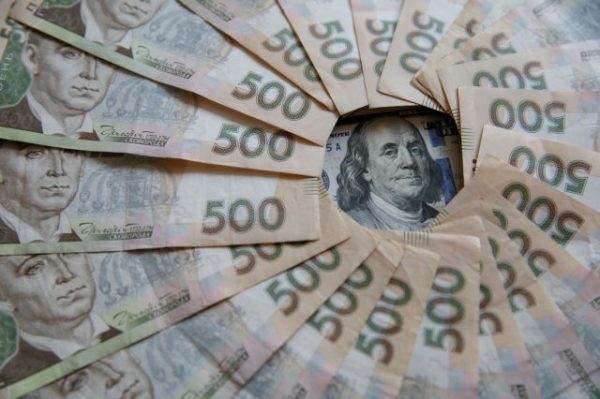
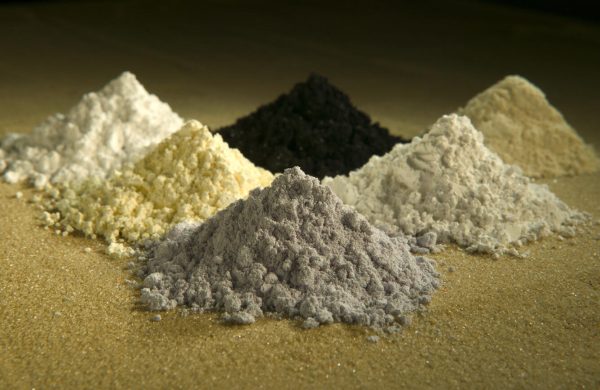
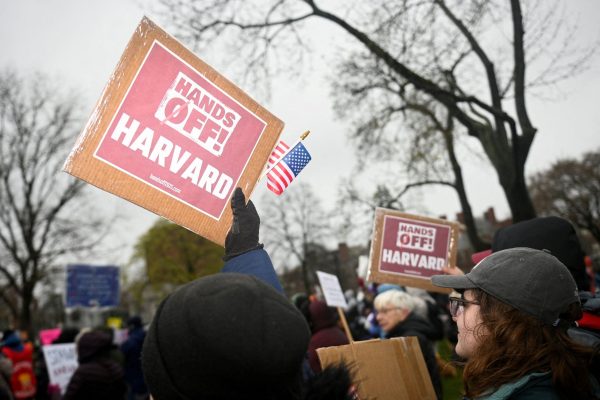
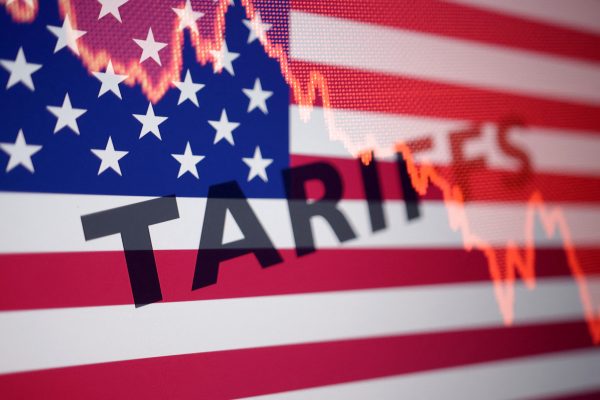





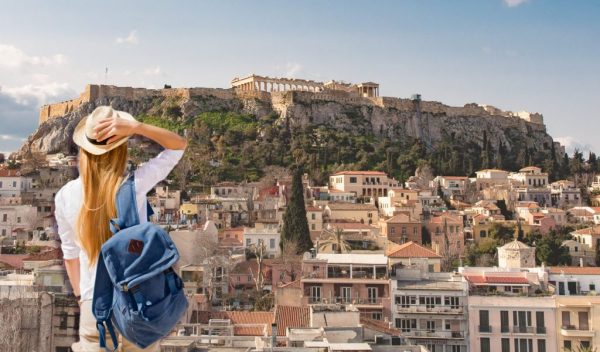


 Αριθμός Πιστοποίησης
Αριθμός Πιστοποίησης